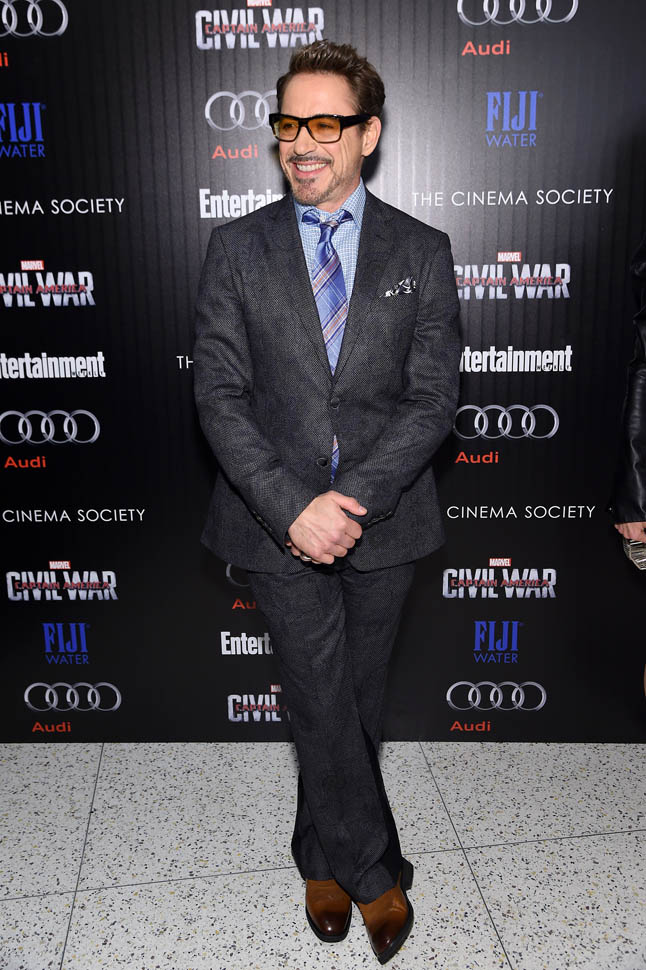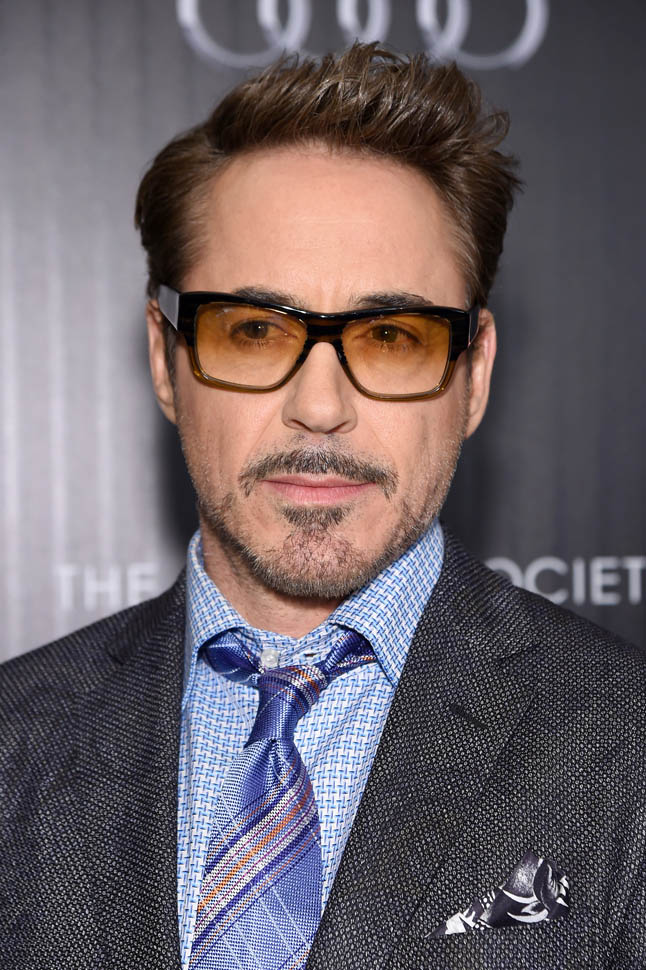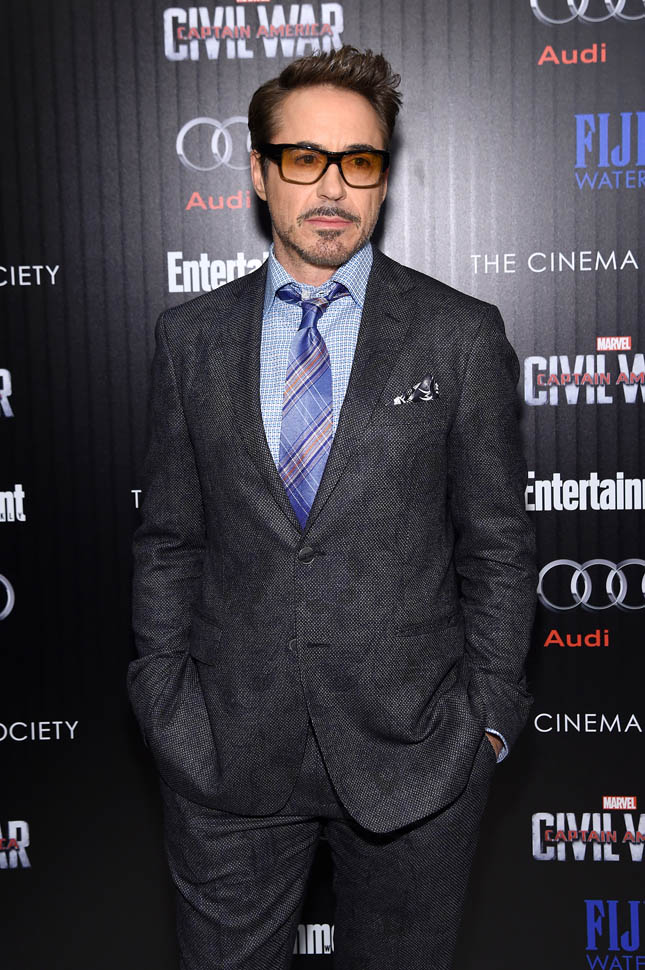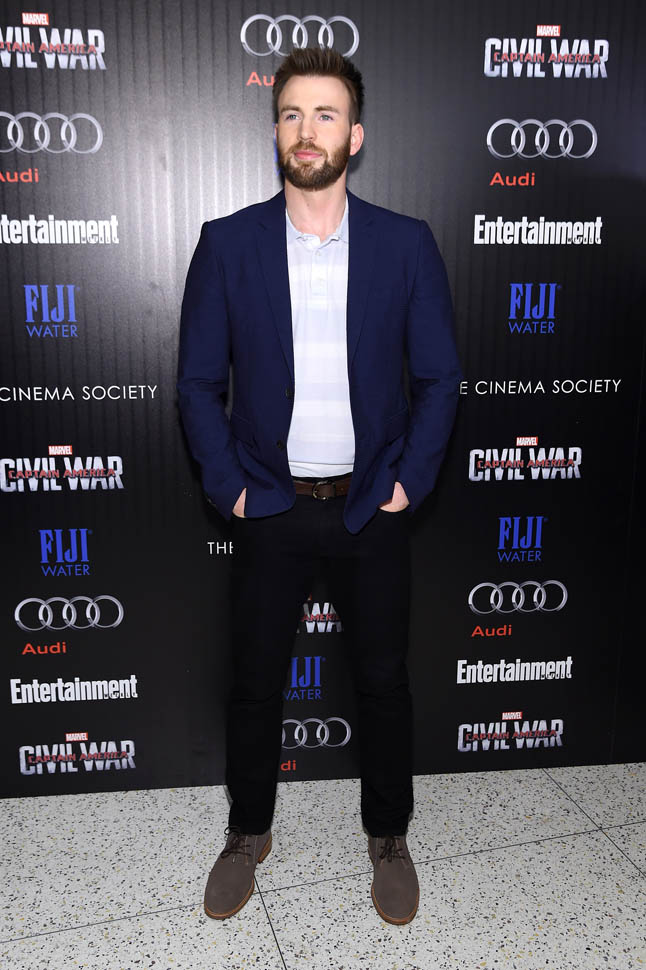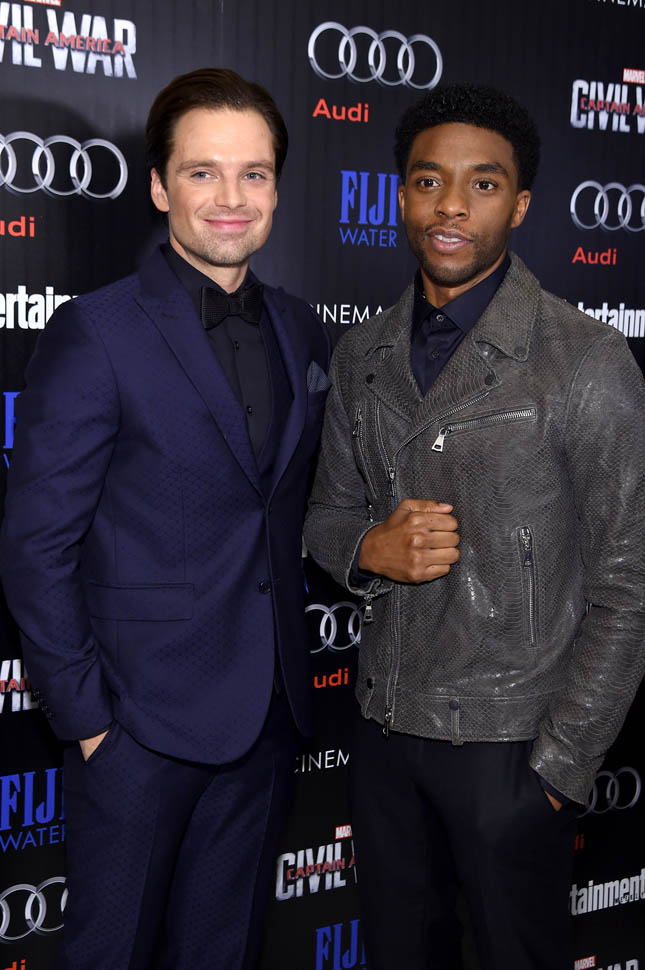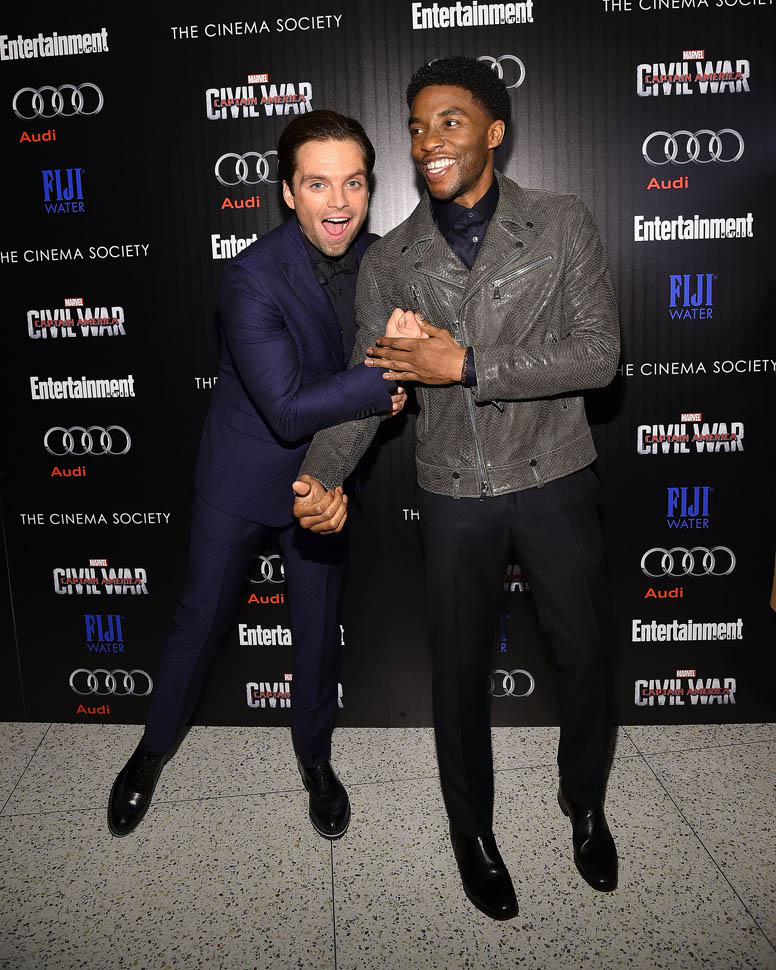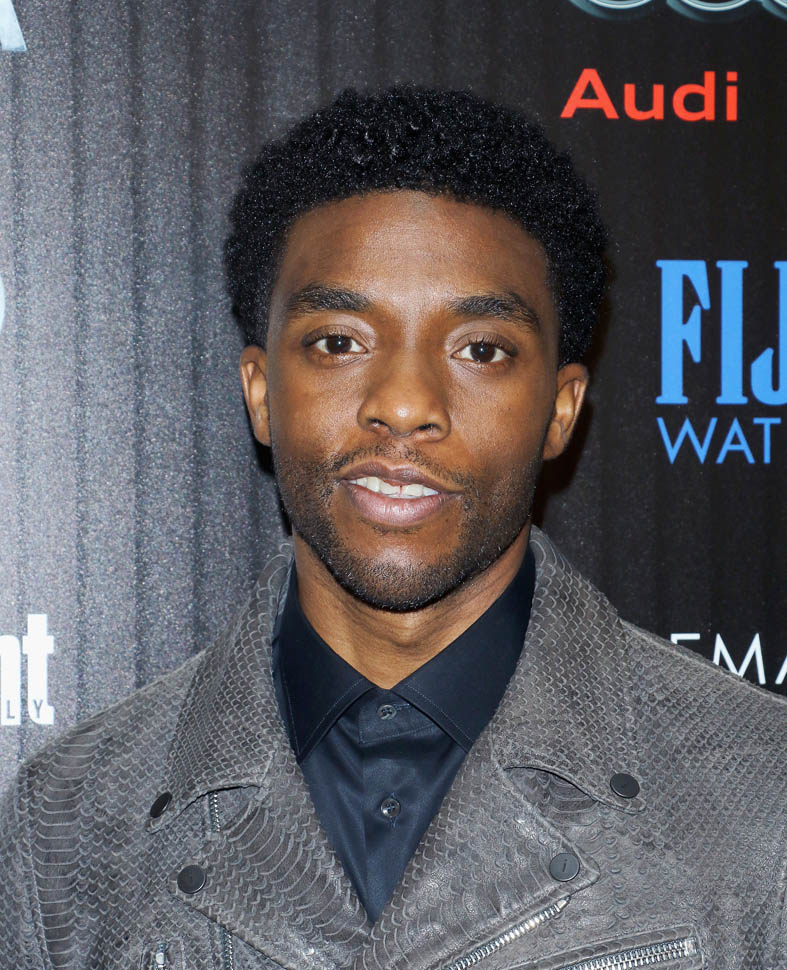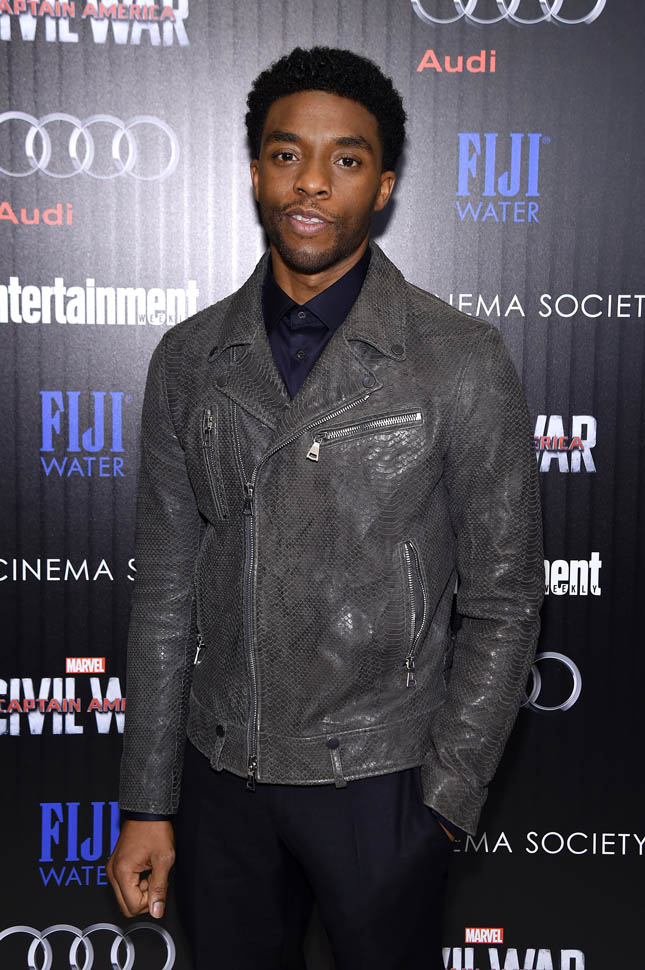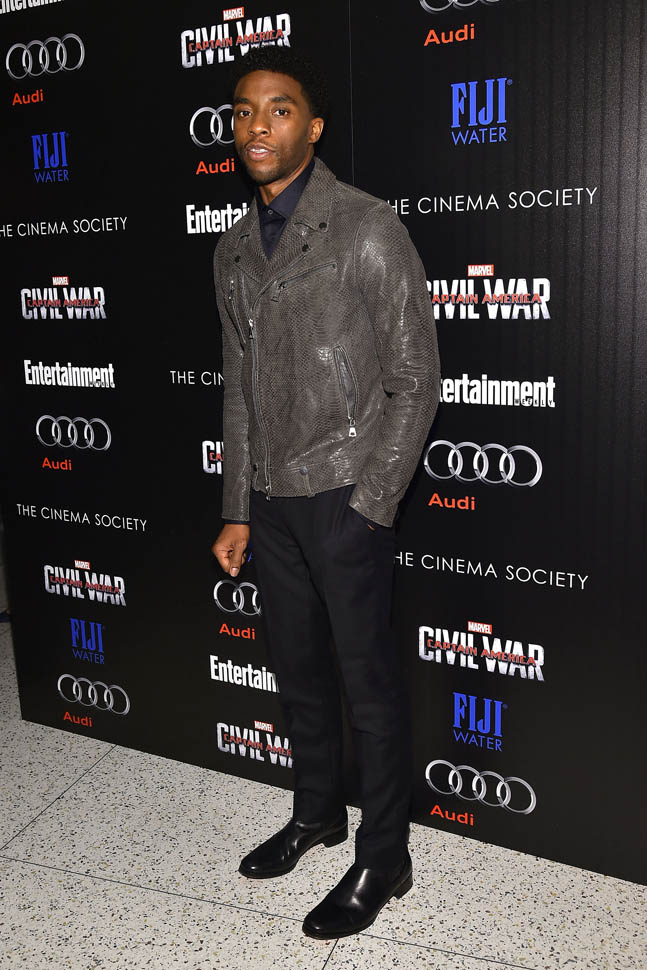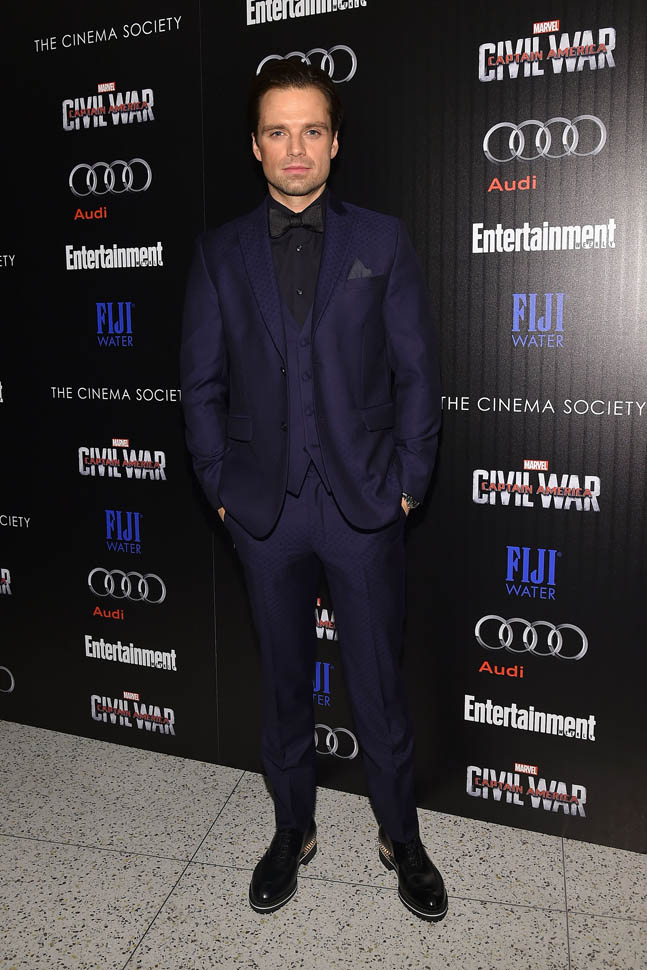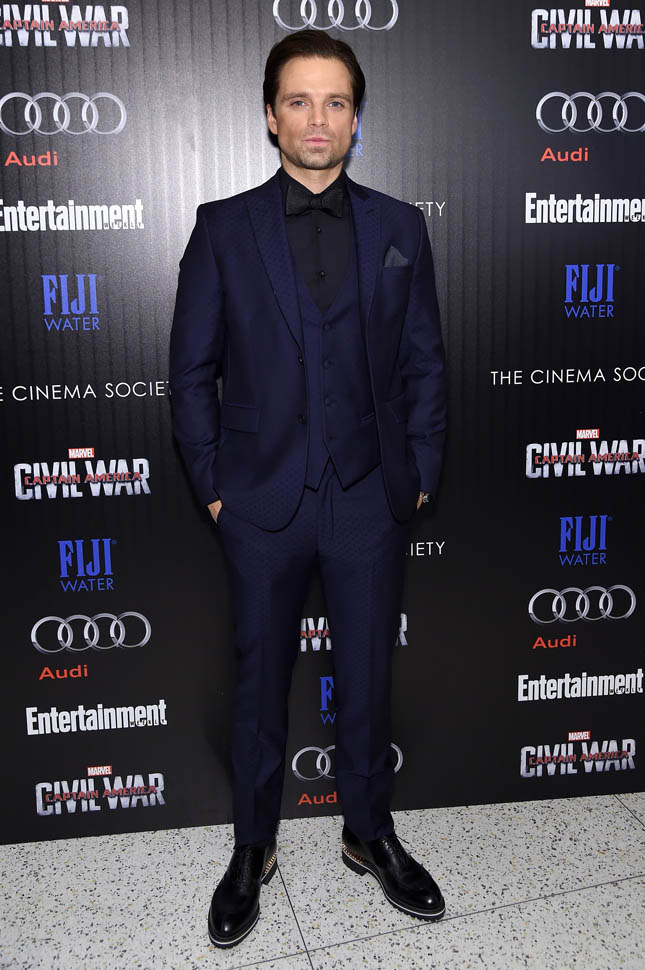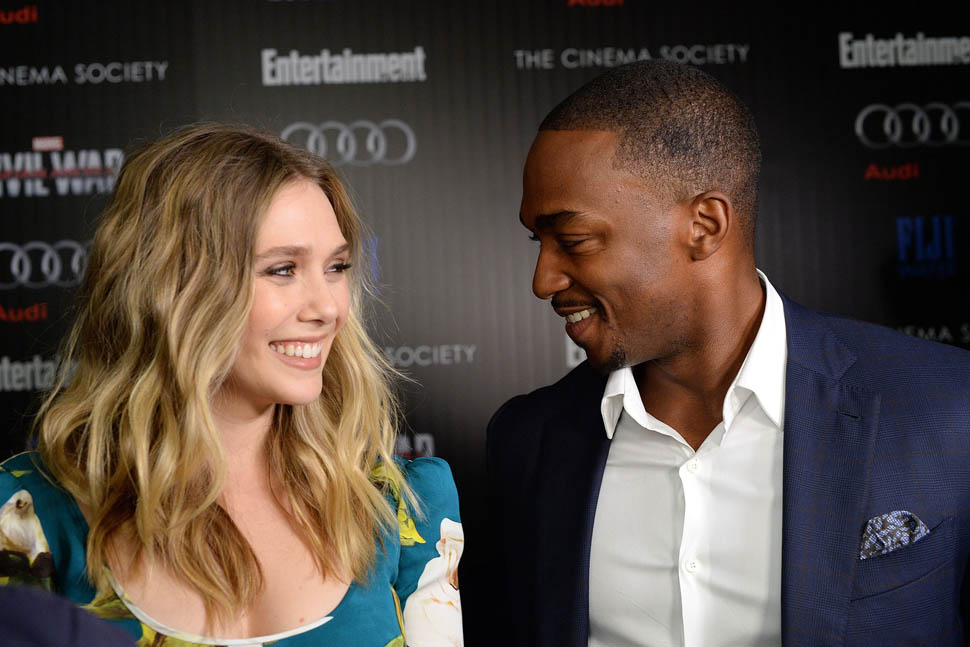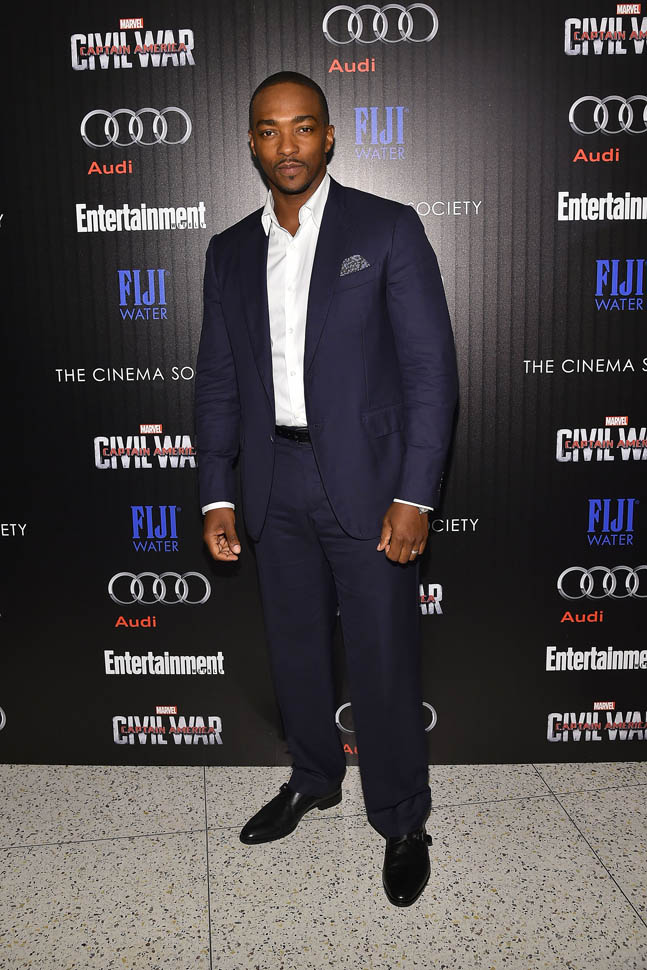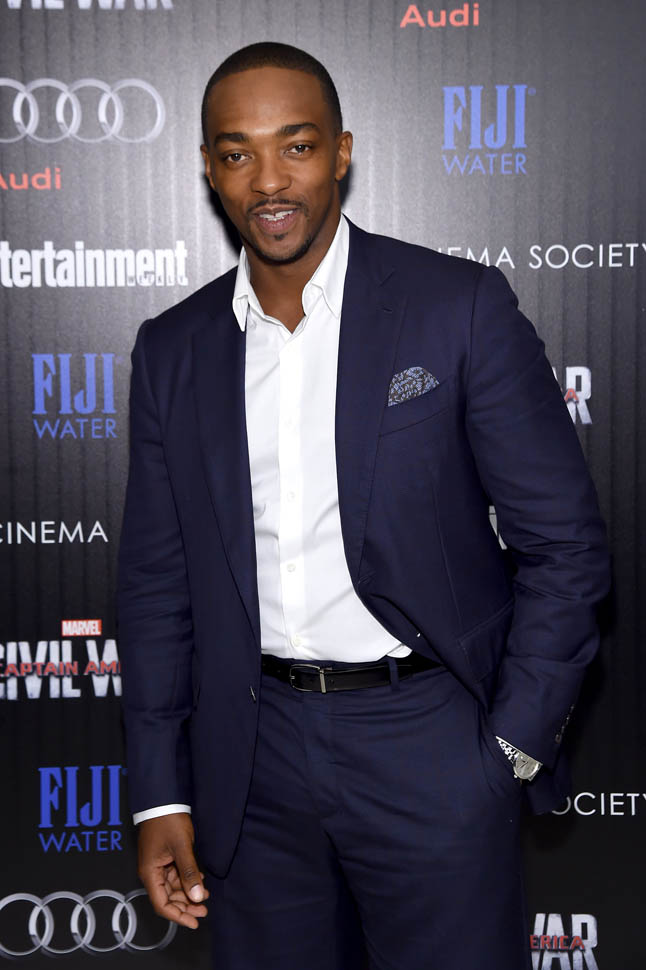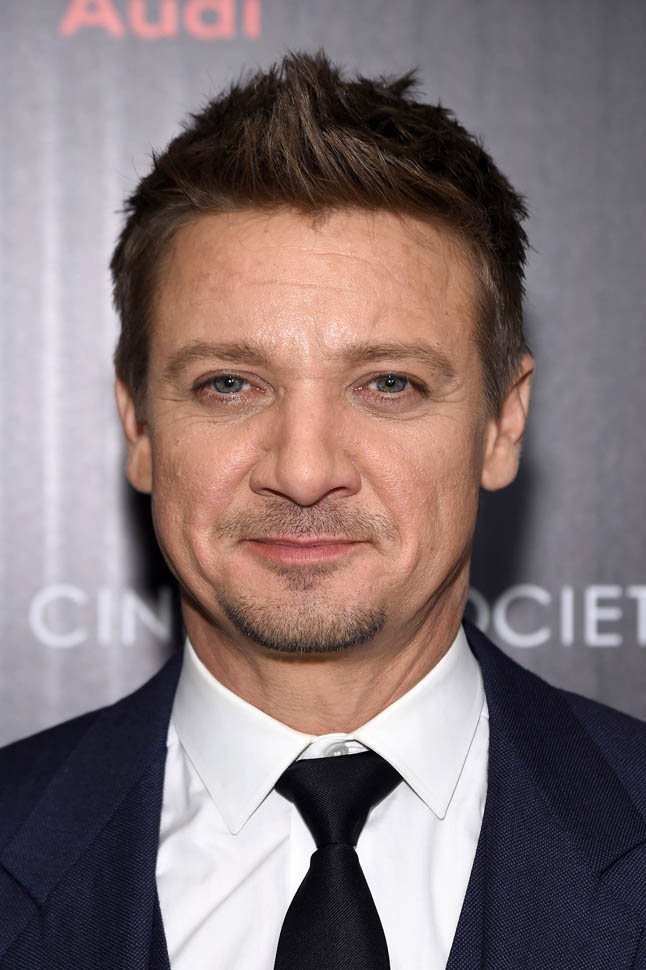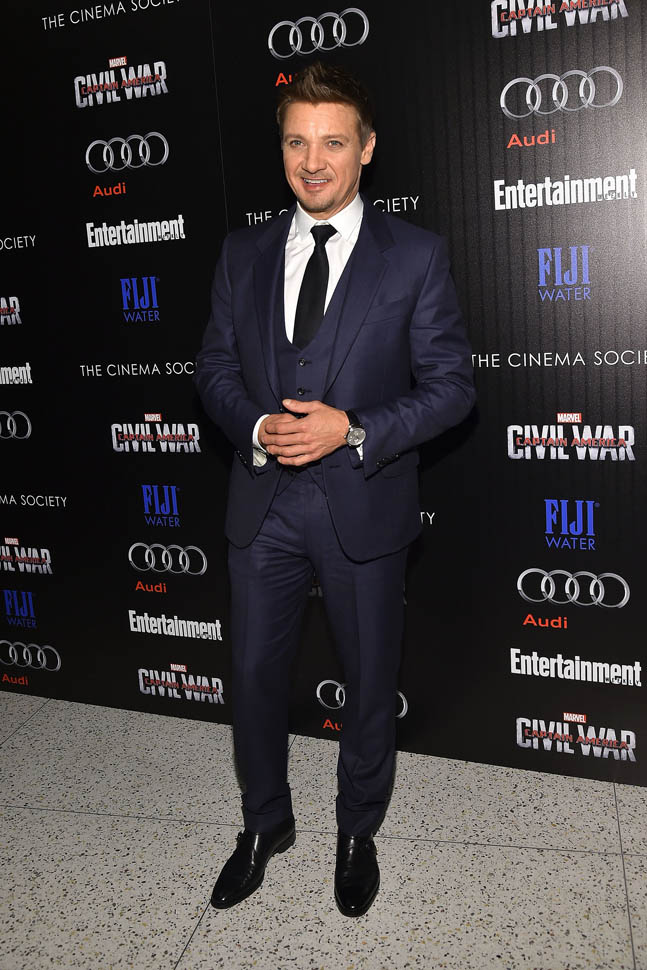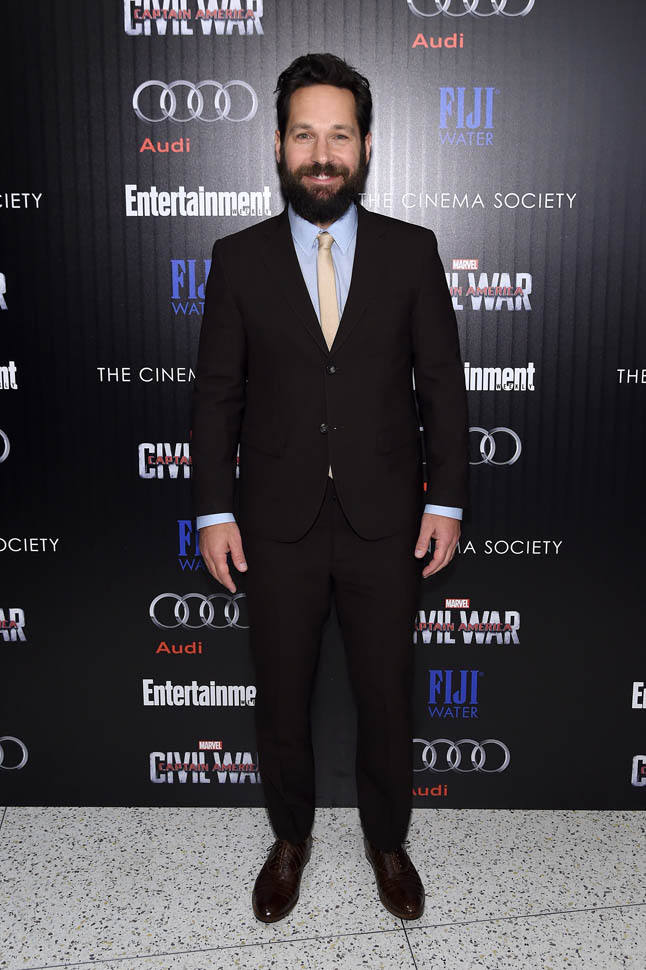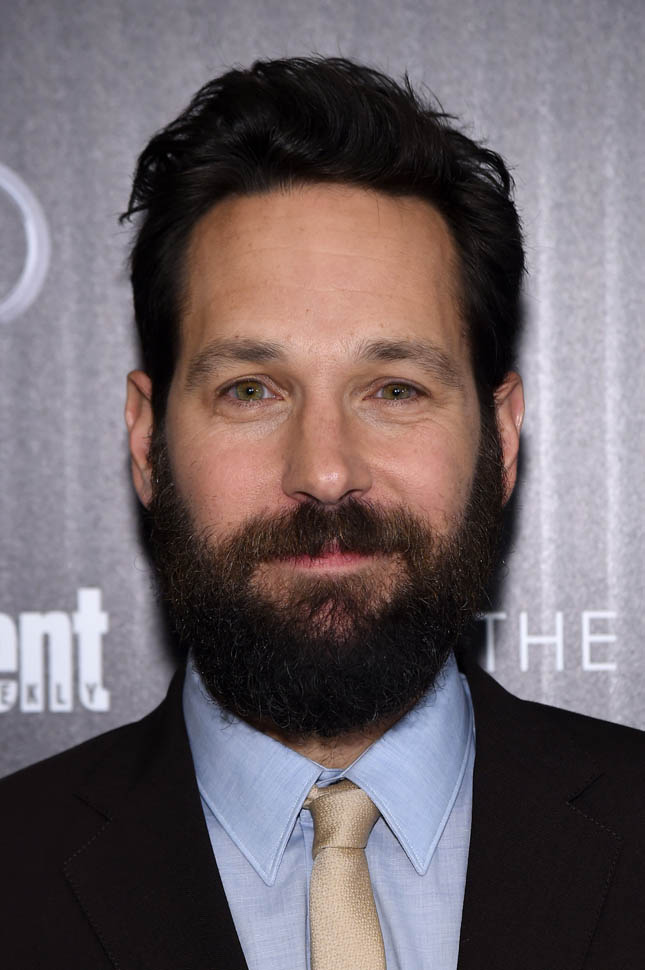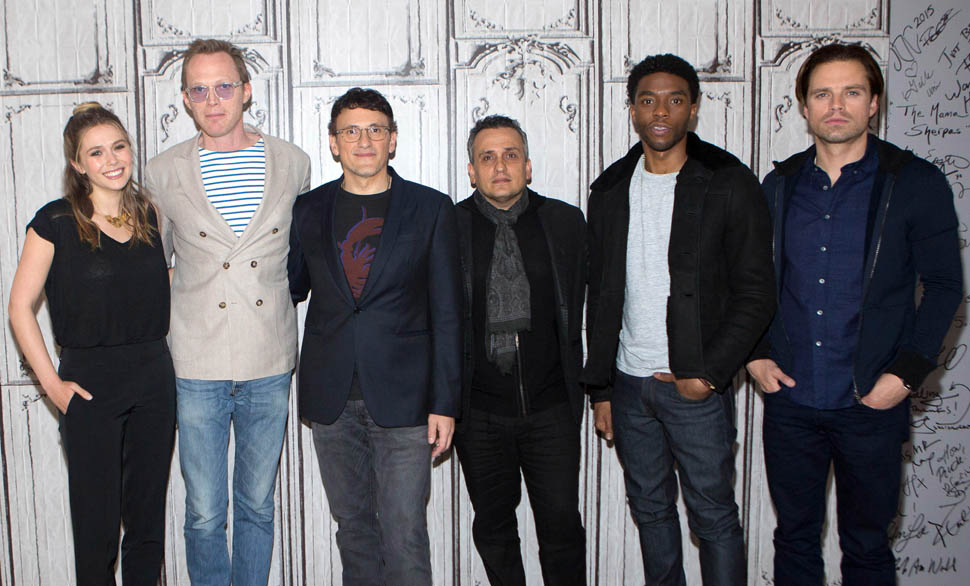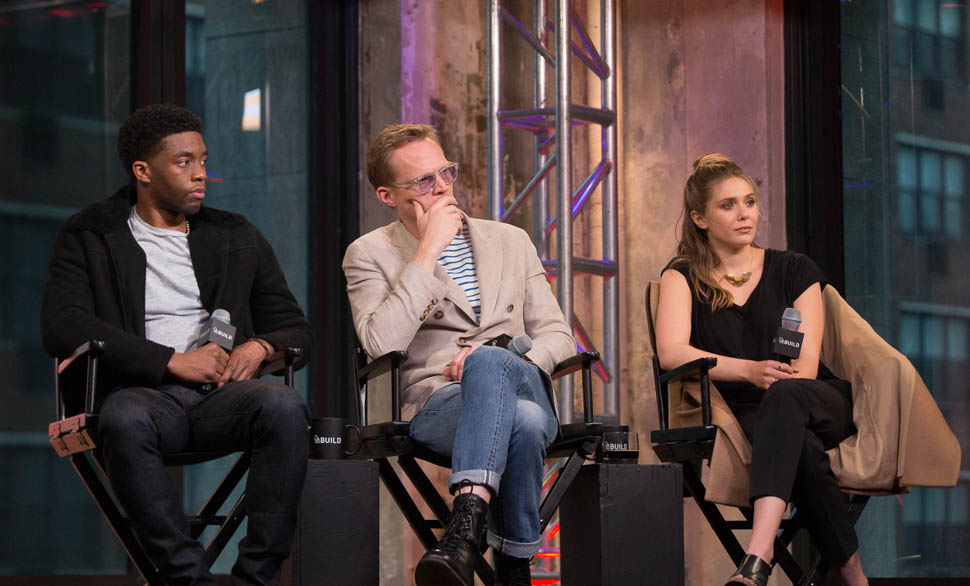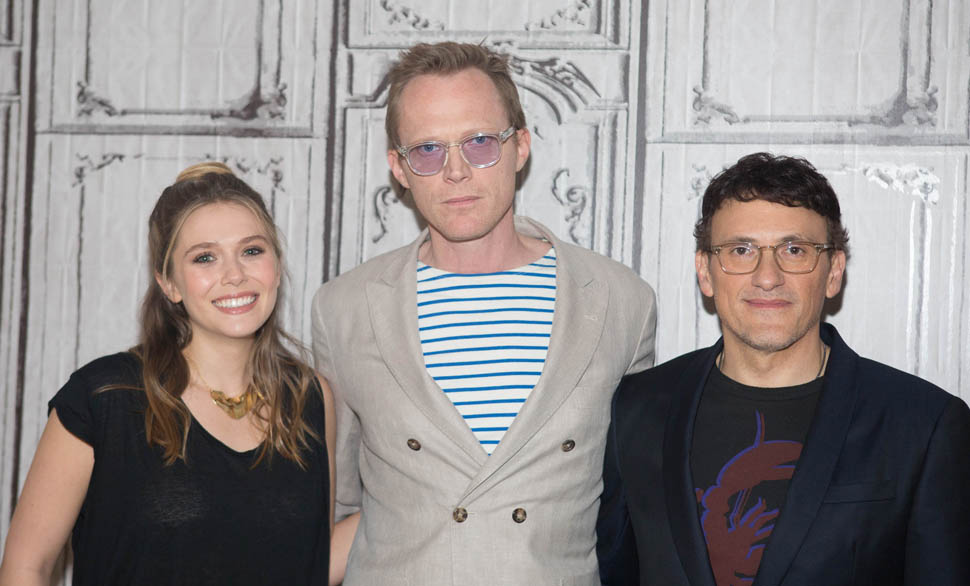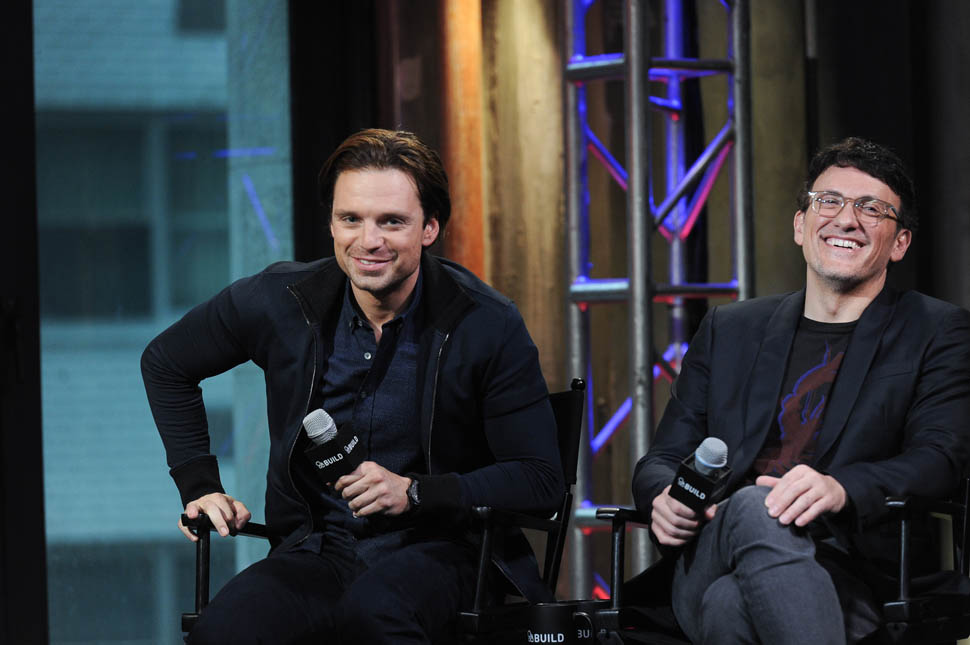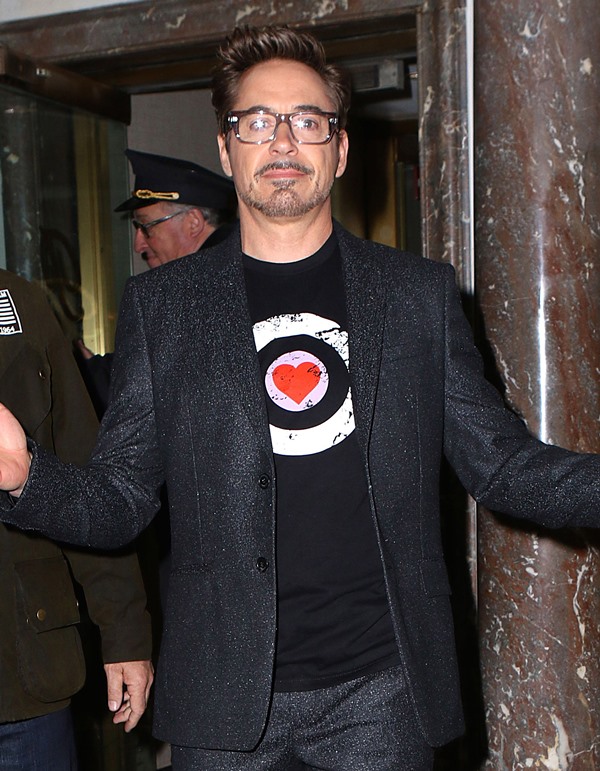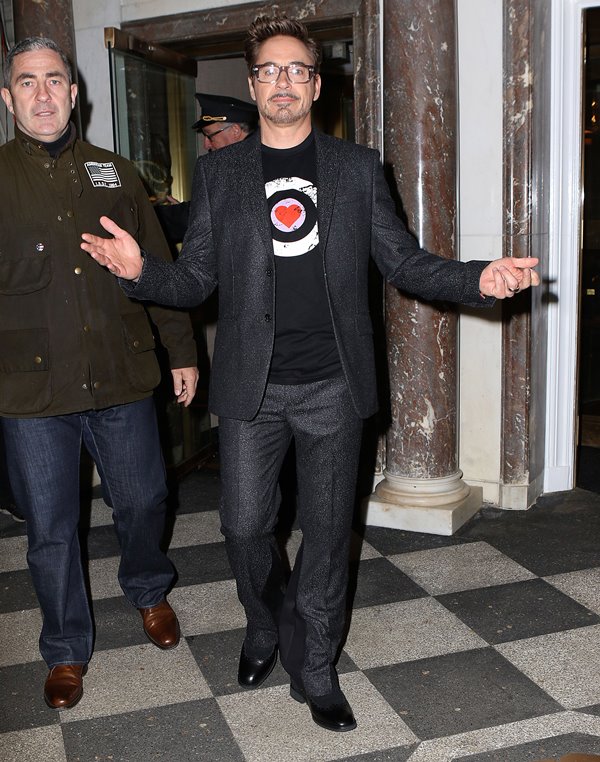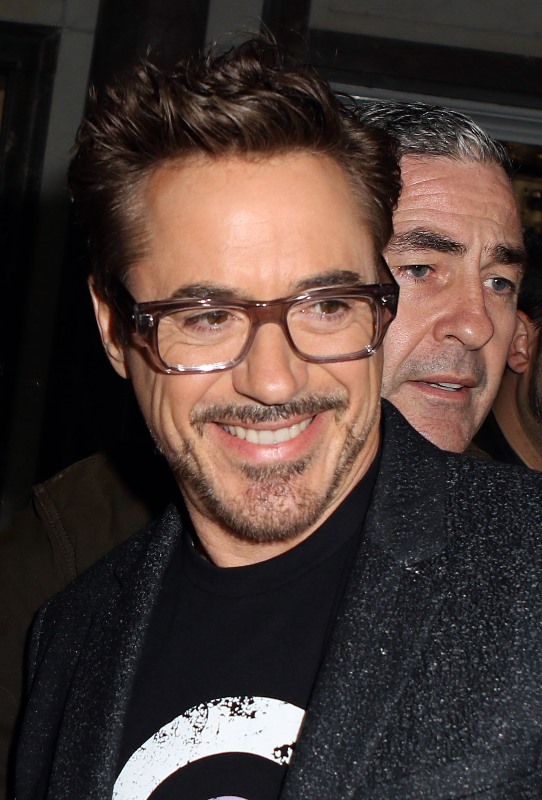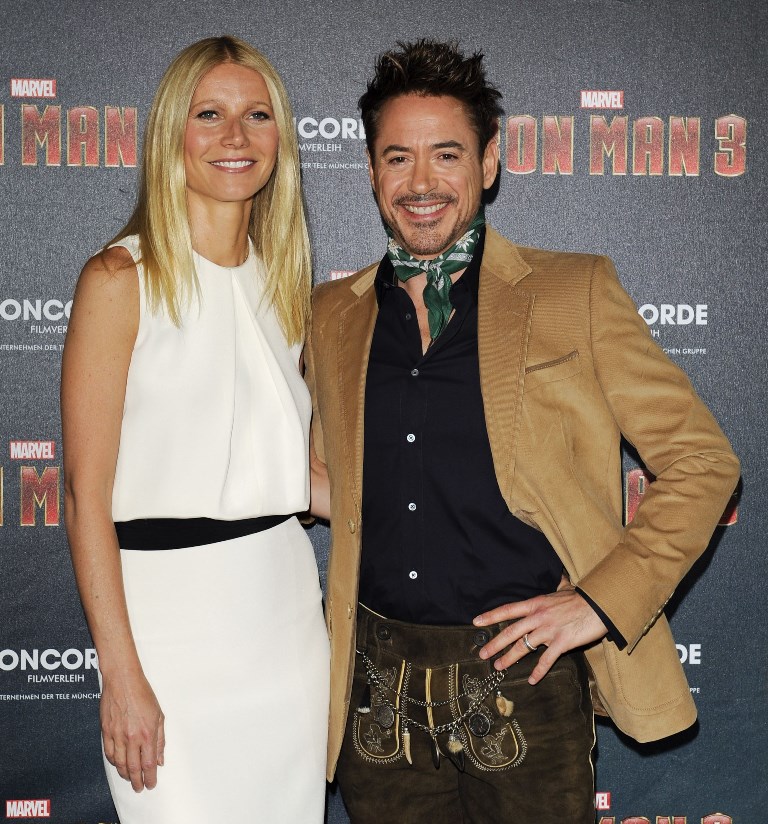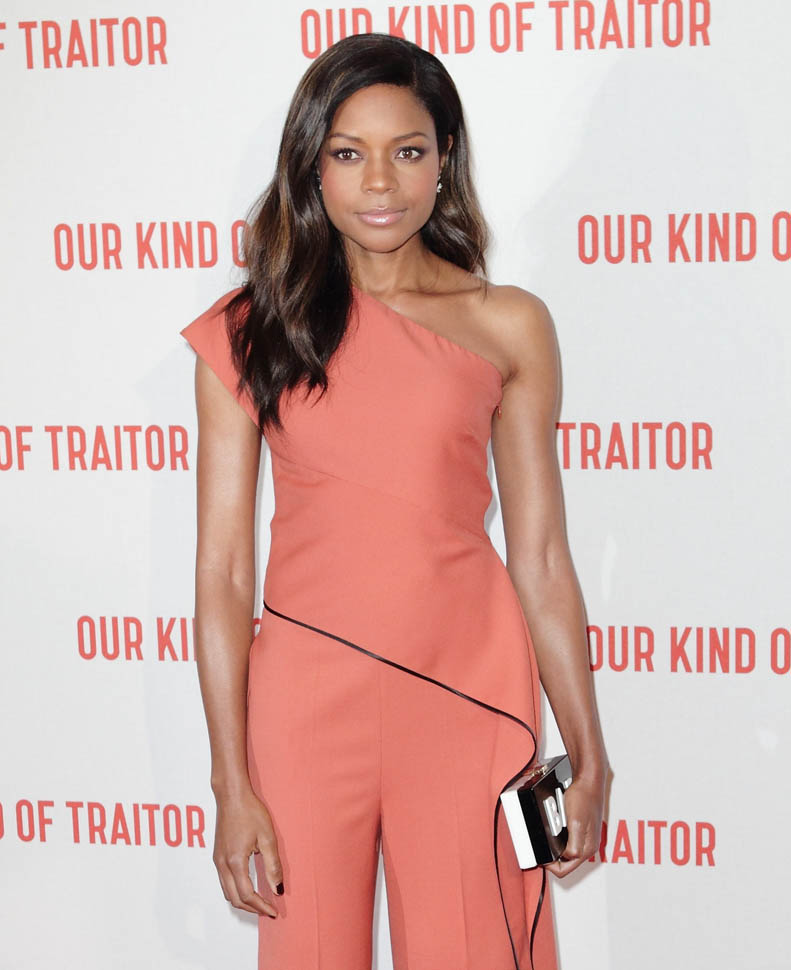Chris Evans and RDJ in Captain America: Civil War review


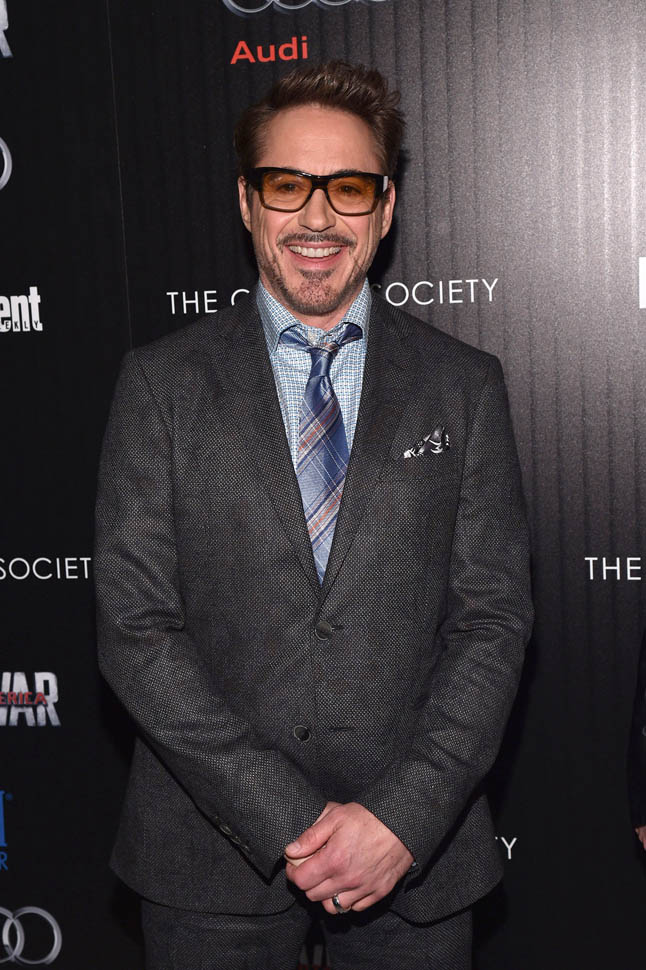
SPOILER FREE
Captain America: Civil War is good. It’s very, very good. Great, even. Easily the best Marvel movie (so far), and, in my book, the best superhero movie to date. Themes of responsibility, causality, guilt, and consequences play out in a story that also contains breathtaking, awesome action. It’s like directors Joe and Anthony Russo saw the bonkers comic book action at the end of Avengers: Age of Ultron and went, Oh yeah, well look at THIS! There’s genuine tragedy, heartbreaking confrontations, and sharp humor, often side-by-side in the same scene, and yet it all feels perfectly balanced. There’s a lot going on in Civil War, but incredibly, it never feels like too much.
After a mistake in the field on the part of Wanda Maximoff (Elizabeth Olsen, sporting a VASTLY improved Eastern European accent) leaves yet more innocent civilians dead, world governments decide to crack down on the Avengers. The central debate revolves around the Sokovia Accords, a sort of Geneva Conventions for superhero engagement in the world. Written by Captain America franchise scribes Christopher Markus and Stephen McFeely, what Civil War does—incredibly, amazingly—is set up an argument that has no clear right answer. The Accords look good on paper, but there’s also no denying some of the people involved—particularly Thaddeus Ross (William Hurt), the actual bad guy from The Incredible Hulk—may not be the kind of person you want holding the Avengers’ leash.
And this becomes the rift that becomes a break that becomes a f*cking catastrophe between Tony Stark (RDJ) and Steve Rogers (Chris Evans). Stark, driven by guilt, insists the Avengers need boundaries. Rogers, who has seen governments fail their people again and again, doesn’t trust anyone else to control them. Vision talks of causality, Hawkeye condemns consequences. Natasha Romanov thinks it’s better to compromise than challenge. The Avengers are a house divided.
Enter Bucky Barnes (Sebastian Stan), the Winter Soldier. When Bucky is accused of committing a devastating bombing, Rogers chucks everything he’s built with the Avengers in the present day to save his best friend from the past. What keeps Civil War grounded is Bucky, who becomes a lightning rod for all the conflict brewing within the Avengers. Any time the story starts to feel too big, it swings back around to Bucky and the thorny relationship between him, Rogers, and Stark. It keeps a human face on the abstract philosophies of the debate.
Evans gives a career-best performance, capturing the moment when Rogers’ moral fortitude turns into sheer stubbornness, and RDJ hasn’t been this good as Tony Stark since the first Iron Man—this is a darker, more driven Stark than we’ve ever seen. And Stan, tasked with grounding the whole movie, shines. It would have been so easy to play post-brainwashing Bucky as a psycho nutcase, but Stan plays him with a resignation that suggests a man worn down to nothing more than base survival instincts. Bucky isn’t interested in conflict, but he is incapable of going down without a fight.
And of course, Civil War is, on top of everything else, our introduction to T’Challa, the Black Panther, and our new cinematic Spider-Man. As T’Challa, Chadwick Boseman is simply outstanding. He is totally believable as a prince and politician, and equally convincing as the ass-kicking Black Panther. And Tom Holland is adorable as teenaged Peter Parker, and has an instantaneous rapport with RDJ which bodes well for next year’s Spider-Man relaunch. The other Avengers are all given moments to shine as well—Paul Rudd will be a new fan favorite after a scene-stealing turn as Ant-Man—but it always comes back to Evans, RDJ, and Stan.
The secret weapon, though, is Daniel Brühl as the villain, Helmut Zemo. This is the best villain Marvel has crafted yet—yes, even better than Loki. Zemo is not a physical threat, but he is clever, relentless, and has absolutely nothing to lose. He’s a chess master with follow-through, and it’s yet another accomplishment of the film that his motivation is clear and even sympathetic. Civil War is complicated, with no easy answers, so much so that even the villain comes off as something of a victim.
The filmmaking is top-notch as well. The Russos prove that Captain America: The Winter Soldier was not a fluke—they have complete command of their camera and dead-on instincts for action and character. Good luck picking a favorite fight, because every action scene is incredible. (The second unit directors—the guys charged with filming the action—are David Leitch and Chad Stahelski, the directors of John Wick. If that doesn’t mean anything to you, stop wasting your life and watch John Wick.) The mid-movie superhero showdown is the centerpiece, but there are two stellar melee fights with Bucky Barnes, one of which includes a thrilling chase sequence, and the final confrontation between Stark and Rogers is just brutal. It really feels like they might kill each other.
We’re left to debate who is right. Or maybe, who is less wrong. In the end, I think T’Challa is the only one talking any kind of sense. Captain America: Civil War gives us a superhero fight with no clear winner—at best it’s a Pyrrhic victory for whichever side you favor. Jeremy Renner’s Hawkeye has an outstanding little monologue toward the end, taking Stark to task. In a movie filled with great dialogue, it’s a spectacular exchange. It’s also the death knell of the Avengers as we’ve known them. They’ll never be the same.
Attached - the cast of Civil War at a screening in New York this week, on AOL Build speaker series, and RDJ out in New York yesterday.

